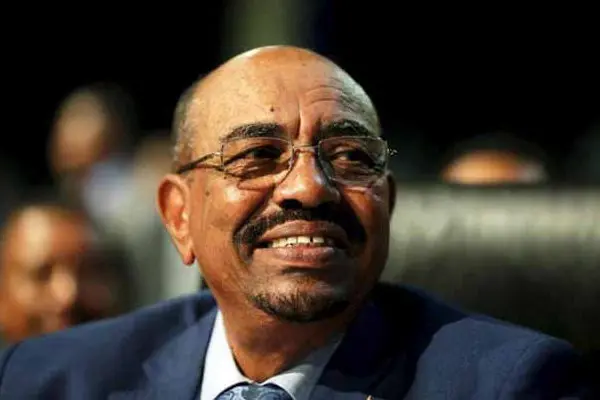U.S. President Barack Obama announced this week extra military personnel would be sent to protect U.S. diplomatic facilities after Islamic State terrorists overran vast areas in north Iraq. The move is unlikely a pre-curser to resending massive combat troops, but air raids may be intensified.
The United States aims to keep terrorism in check more than a decade after the Sept. 11, 2001 attacks on New York and Washington, which is why Washington is hitting the Islamic State in Iraq and Syria (ISIS) in an airpower campaign.
The militants' territorial gains have made Washington worry that its ultimate nightmare could come true -- that the group could eventually carve out a haven in Iraq or Syria and use it as a staging ground for attacks against the U.S., much like al-Qaida did in Afghanistan in the lead-up to the Sept. 11 attacks.
Indeed, the terrorists have already threatened America, saying earlier this month they will "raise the flag of Allah in the White House."
This statement has alarmed many U.S. observers, experts, policy makers and politicians.
"I have no doubt the U.S. will partner with the Kurdish Peshmerga, the Iraqi Army and willing U.S. allies to mount a major effort against the ISIS in Iraq," said Wayne White, former deputy director of the U.S. State Department's Middle East Intelligence Office.
However, experts say Obama is unlikely to put U.S. combat troops on the ground, as he is concerned about his legacy, and wants to be known as the president who ended the war in Iraq.
Instead, he will likely ramp up the U.S. air campaign.
"When the Iraqi and Kurdish ground component of an overall anti-ISIS military package has been better prepared and armed, the tempo of U.S. and possibly other NATO airstrikes against ISIS will rise markedly," White said.
Many in the Congress are on board with such increased U.S. air involvement. In reaction to the Islamic State radicals' beheading of American journalist Steven Sotloff, leading lawmakers on both sides of the isle this week called for a greater U.S. roll to fight what they believe is a deadly terror threat.
For his part, Obama would not be averse to toughening air attacks, and the Congress would likely approve such a move, Republican strategist Ford O'Connell told Xinhua. "Congress is pretty much prepared to authorize him to use more force," O'Connell said.
But the White House faces a dilemma: While Obama is unlikely to deploy U.S. combat troops, the fight against the Islamic State militants cannot be won by airstrikes alone, experts said.
"Destroying (the Islamic State) is easier said than done. The mission can't be accomplished by air power alone, and there is no appetite in the U.S. for large-scale ground action. Neither Syrian ruler Bashar al-Assad nor the current Iraqi leadership provide a satisfactory partner," RAND Corporation senior political scientist Jonah Blank told Xinhua.
The White House is also faced with the dilemma of fighting an enemy that has operations both in Iraq and Syria, and critics have blasted the Obama administration for ruling out any action in Syria and choosing rather to focus on Iraq.
White, however, contended that concentrating on actions in Iraq is a sound strategy.
"Military history has shown that a single concentrated effort frequently is more likely to succeed than spreading one's capabilities more thinly to cover two military operations," he said.
 简体中文
简体中文

